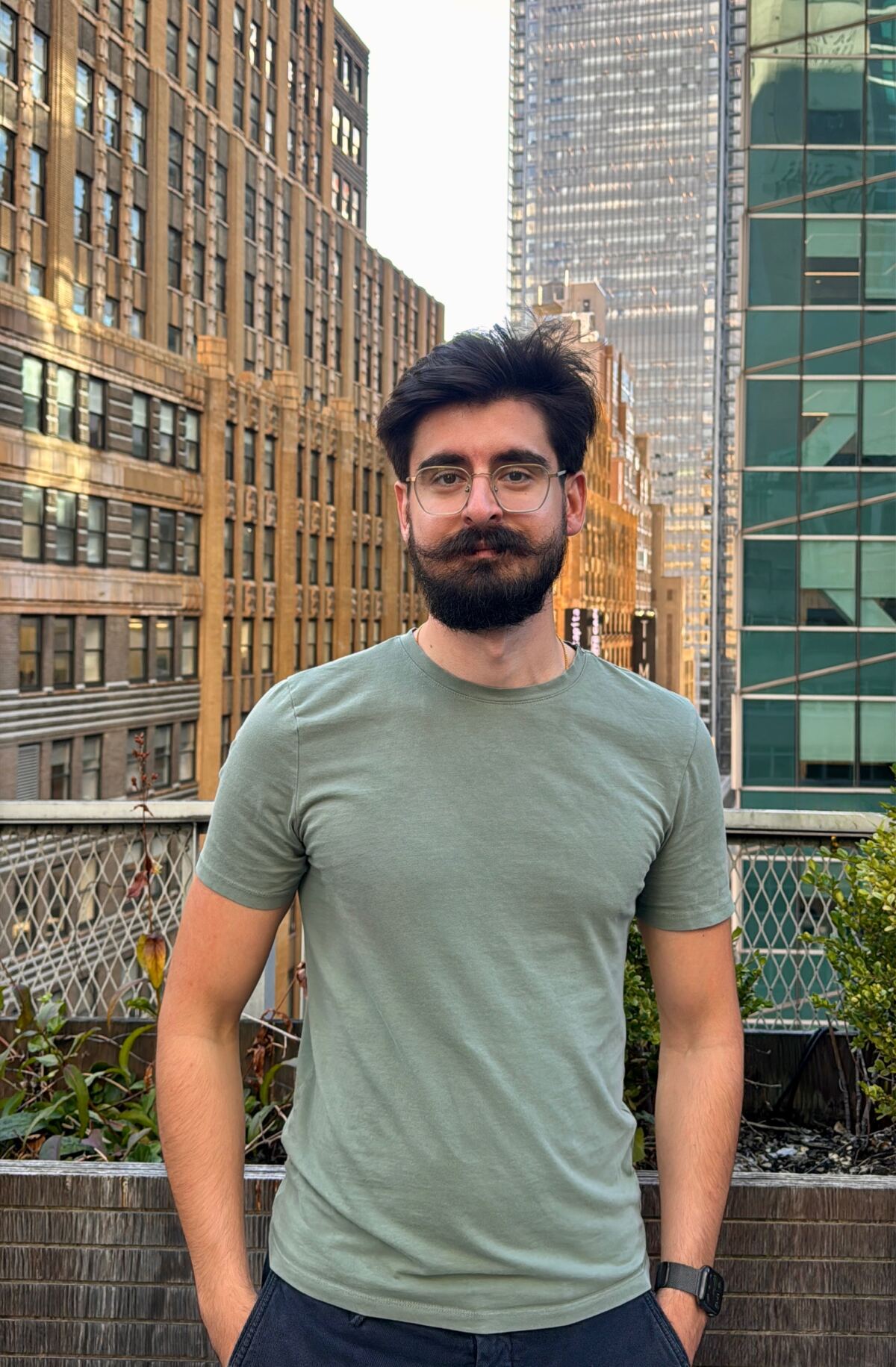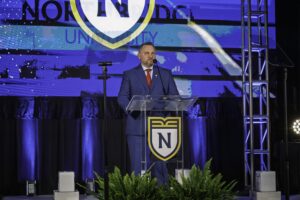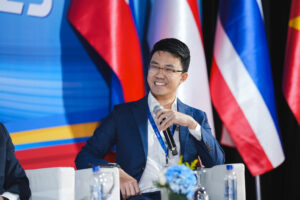For founders seeking to raise capital beyond their borders, the process often proves far more intricate than expected. Vlad Cazacu, co-founder and CEO of Flowlie Technologies, has spent his career on both sides of the table, first as a venture investor and now as a builder of AI-powered fundraising tools. His experience offers a rare vantage point on how early-stage companies can successfully work with international investors.
Deep Experience Across Markets and Stages
Cazacu’s path began in venture capital, investing in companies from pre-seed to Series B across firms in New York, Austin, and Miami. Later, while helping to build one of the fastest-growing syndicates in the United States, he co-managed relationships with more than 800 investors spanning family offices, high-net-worth individuals, and institutional partners.
“By running the East Coast for that multifamily office group, a big part of my job was not only to manage our relationship with family offices in the U.S. but also internationally, specifically European families that we were starting to get in,” shares Cazacu.
That blend of domestic and cross-border experience became the foundation for Flowlie Technologies, his current venture-backed startup. With Flowlie, Cazacu is now building AI-powered solutions designed to streamline the fundraising journey for busy founders.
The Complexities of Going Global
When early-stage companies turn to international investors, they face challenges that rarely come up in domestic fundraising, namely legal frameworks and cultural expectations. For instance, U.K. investors enjoy tax incentives available only when they invest in companies based in the U.K., which immediately puts foreign startups at a disadvantage when seeking capital there.
“In much of Europe, the process of signing documents is more complex, and investors expect deals to be structured as priced rounds rather than the SAFEs or convertible notes common in the U.S.” Risk appetite, a key cultural difference to be aware of for Cazacu, also plays a defining role.
U.S. investors, especially those in Silicon Valley and New York, tend to be far more comfortable with risk than their European counterparts. This means that founders raising at the pre-seed or seed stage may find fewer opportunities overseas until their companies have matured.
Strategies for International Success
Cazacu recommends three key strategies for founders hoping to secure international capital.
- Build strong relationships early. “Spending the time to build relationships with people who can unlock warm introductions into those networks is going to go way above just doing cold outreach,” Cazacu says. In tightly knit investor communities, trust and credibility often hinge on personal recommendations.
- Understand the local context. “It’s simply foolish to expect that it’s going to be as easy to do it there as it is here,” he explains. Each country has unique rules and norms around venture capital, and treating them as interchangeable can undermine a fundraising process before it begins.
- Vet your investors carefully. “Getting the right capital and finding the right partner are significantly different, the latter being more complicated,” he emphasizes. Founders should conduct due diligence on investors just as thoroughly as investors do on them. In regions with less transparency, this vetting can be the difference between long-term success and serious setbacks.
AI’s Role and Its Limits
As the co-founder of an AI-powered fundraising platform, Cazacu sees technology reshaping the discovery process for both founders and investors. Tools now make it easier to predict investment behavior, identify potential matches, and map warm introduction paths.
“I actually think there’s a big part of fundraising that won’t be at all impacted by AI, which is the human connection,” he says. “There’s still a human who ends up joining a meeting, shaking hands and closing the deal.”
Instead, Cazacu predicts more visibility and broader reach for early-stage companies globally, thanks to AI-driven tools, but not necessarily a surge in closed deals. “The final decision-making will be a human-to-human connection,” he adds.
Why Founders Should Look Local First
Despite his expertise in cross-border fundraising, Cazacu still emphasizes that the focus should remain local before reaching for a global net. “It’s somewhat foolish to try to cast a global net from day one simply because of the time you have available,” he says. For most, leveraging domestic networks through universities, employers, or industry groups also proves more practical.
That local-first mindset, paired with an informed approach to legal, cultural, and strategic differences abroad, provides the most sustainable path forward. As Cazacu has seen throughout his career, the most successful fundraising journeys balance global ambition with grounded preparation.
Readers can learn more about Vlad Cazacu and his work by connecting with him on LinkedIn.








